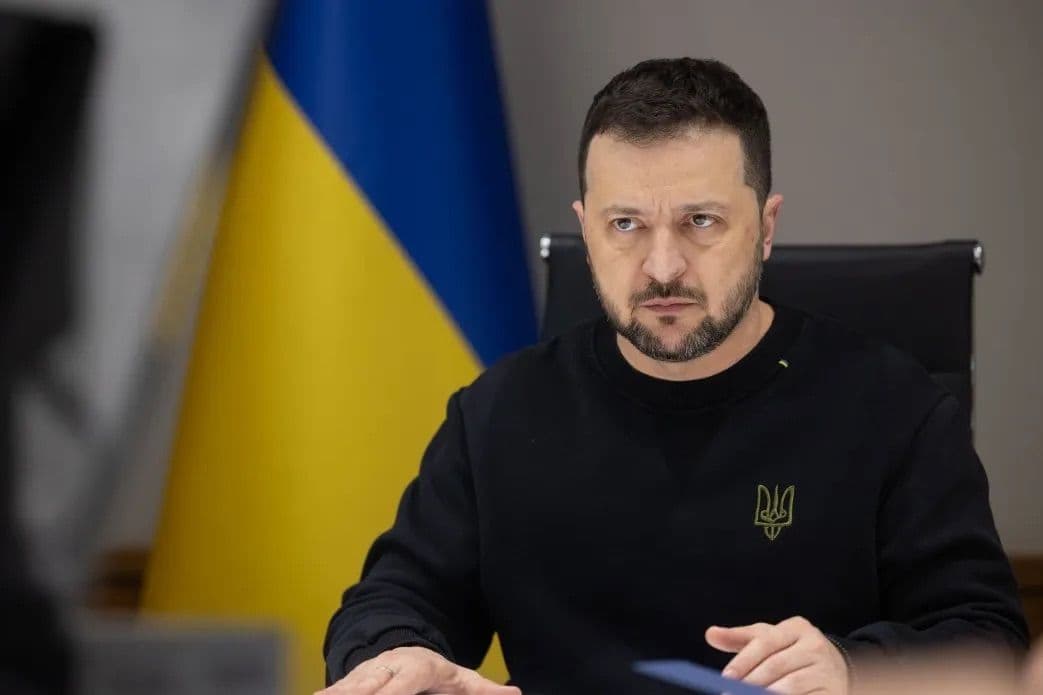Every Western decision is late by a year, says Zelensky

Western partners have been deliberating key decisions on military assistance for Ukraine for "too long," President Volodymyr Zelensky said on May 20 in an interview with Reuters.
"Every decision to which we, then later everyone together, comes to is late by around one year," Zelensky said.
After six months of political infighting and delays, the U.S. passed a long-awaited $61 billion aid package in April, with much of it covering military aid. The following day, the Pentagon announced it was ready to send $1 billion worth of weapons to Kyiv from U.S. stockpiles.
During the six-month break in aid, Ukraine lost the key front-line city of Avdiivka in February amid a severe ammunition shortage.
Ukraine's shortage of air defense has also been felt as Russia intensified its strikes all over the country, mainly targeting energy infrastructure.
Russian strikes against Ukraine's energy infrastructure have cost the state over $1 billion in damages, according to the Energy Ministry.
The president described the delivery of aid, particularly badly needed air defense, as "one big step forward, but before that, two steps back."
Zelensky expects Western allies to be more directly involved in defending Ukraine by helping intercept Russian missiles over the country and allowing Kyiv to target Russian military equipment with Western weapons.
"Russians are using 300 planes on the territory of Ukraine," Zelensky said.
"We need at least 120, 130 planes to resist," the president added, referring to F-16 fighter jets, which are expected to be supplied to Ukraine this summer.
Zelensky said if allies cannot provide fighter jets to Ukraine earlier, they should repel Russian attacks, meaning that NATO member states can use their air defense systems to protect Ukraine's western regions from Russian attacks.
Zelensky also said there is "nothing positive" in talks with Western partners about the usage of their weapons to strike Russian military facilities at the border and further inside Russian territory.
U.S. officials have repeatedly said that they do not support or encourage Kyiv's strikes with American weapons deep inside Russia, while Ukrainian officials are reportedly trying to convince Washington to lift this ban.
Washington has not changed its position on potential Ukrainian strikes with U.S.-supplied weapons on Russian territory, even after Russia had launched its offensive in Kharkiv Oblast, Pentagon spokesperson Sabrina Singh said on May 16.















